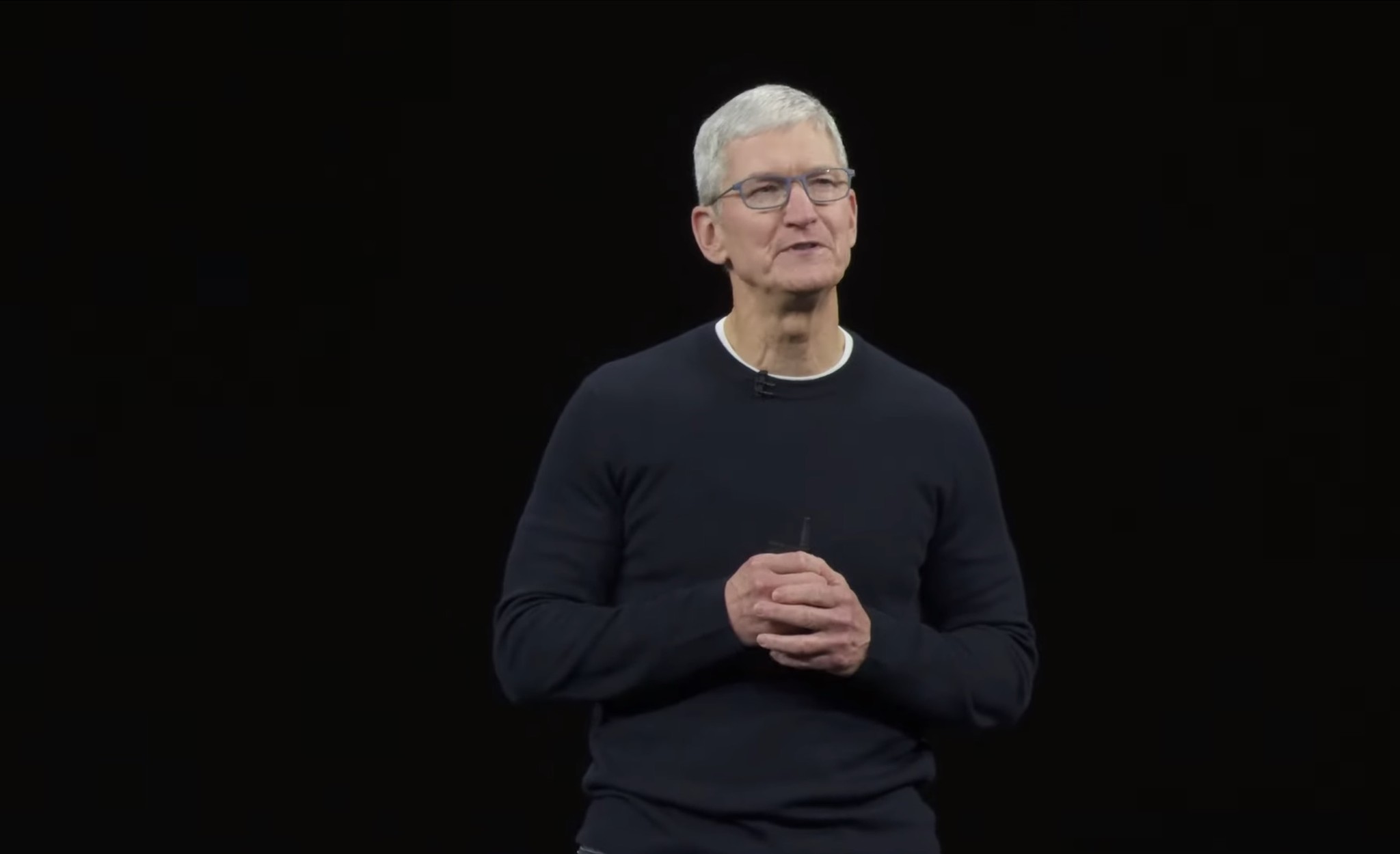Apple study defends App Store fees ahead of next week's antitrust hearing

What you need to know
- Apple has released a commissioned study about its App Store policies.
- The study finds many similarities between Apple's policies and other tech companies.
- The study is out less than a week ahead of Tim Cook's testimony before Congress.
Apple CEO Tim Cook is scheduled to appear before the House Judiciary Committee next Monday. Along with the Jess Bezos from Amazon, Mark Zuckerberg from Facebook, and Sindar Pichai from Google, Cook will speak to the committee as part of an ongoing antitrust investigation into the big tech companies.
One of the biggest criticisms against Apple surrounds its policies for the App Store. In an effort to make the company's case ahead of Cook's testimony, Apple has released the results of a study that it commissioned in which it argues that its policies for the App Store are similar to that of its competitors.
Reported by CNBC, the study finds that the commission rates that Apple charges in its App Store are similar to that of the Google Play Store, the Amazon Appstore, the Samsung Galaxy Store, and the Microsoft Store.
"The commission rates charged by digital marketplaces most similar to the App Store, such as other app stores and video game digital marketplaces, are generally around 30%," the study authors wrote.
According to the report, Apple's policy of requiring developers to use the company's payment system, which takes a 30% cut, is still advantageous in cost when compared to distributing through traditional retailers.
The Apple-backed study has four major findings:
- Most app stores charge the same 30% cut on digital goods.
- Retailers, travel booking services, and other marketplaces can charge more than 30% for their services.
- Distributing software through an app store is less expensive than distributing through brick-and-mortar retailers.
- Other app stores and digital marketplaces often require users to use their in-app payment mechanism and forbid sellers from redirecting buyers to finish the transaction in another venue.
Apple has recently gotten into some public debate around its App Store policies with companies like Spotify and Hey Email. As reported by Variety, the company is also under investigation for antitrust practices by the European Union.
In addition, last month the European Union opened an antitrust investigation into Apple's App Store business practices, including its requirement that apps use the in-app purchasing system, prompted by an earlier complaint by Spotify.
You can check out the full findings of the study at Analysis Group.
iMore offers spot-on advice and guidance from our team of experts, with decades of Apple device experience to lean on. Learn more with iMore!

Joe Wituschek is a Contributor at iMore. With over ten years in the technology industry, one of them being at Apple, Joe now covers the company for the website. In addition to covering breaking news, Joe also writes editorials and reviews for a range of products. He fell in love with Apple products when he got an iPod nano for Christmas almost twenty years ago. Despite being considered a "heavy" user, he has always preferred the consumer-focused products like the MacBook Air, iPad mini, and iPhone 13 mini. He will fight to the death to keep a mini iPhone in the lineup. In his free time, Joe enjoys video games, movies, photography, running, and basically everything outdoors.
